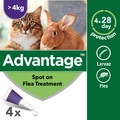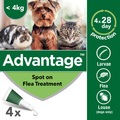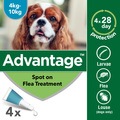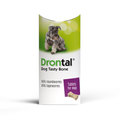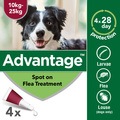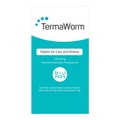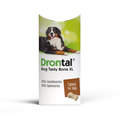Most of us wouldn't even consider heading out in the morning or hitting the sack without brushing our teeth - but when it comes to the dental care of our pets, most of us will admit to being rather more lax.
However, with dental problems proving to be a common problem among cats, owners really can't afford not to pay attention to this essential facet of pet care.
According to Purina, eight out of ten cats suffer from some sort of tooth and gum problems by the time they reach the age of three, as plaque accumulates on their teeth and hardens to form tartar.
Not only can this lead to tooth loss and bad breath for your moggie, but it could have wider health implications as bacteria can enter the bloodstream and potentially cause damage to internal organs.
Although cats are by nature very independent animals and might resist too much intervention, there are certain things you can do to keep your feline friend's gnashers in good condition.
The first consideration is to take a look at your pet's diet. Dry cat food tends to be the best option for keeping your cat's mouth healthy as they are abrasive and help sharpen your moggie's pearly whites.
Brands such as Hills cat food are particularly good for keeping teeth clean as they can help reduce the accumulation of plaque, but remember to have a word with your vet before making any sudden changes to your pet's diet.
The next step to good feline oral health is to introduce a teeth cleaning routine. Some cats may be resistant to having their teeth scrubbed so it's a good idea to start this when they are young.
It's important to use a toothbrush and toothpaste specially designed for cats and to be careful throughout as some cats may find the process stressful.
If in doubt as to the correct technique for cat teeth brushing or if you have other concerns about your pet's oral health, you should always speak to your vet who can advise you on the best course of action.
Written by: Hannah

